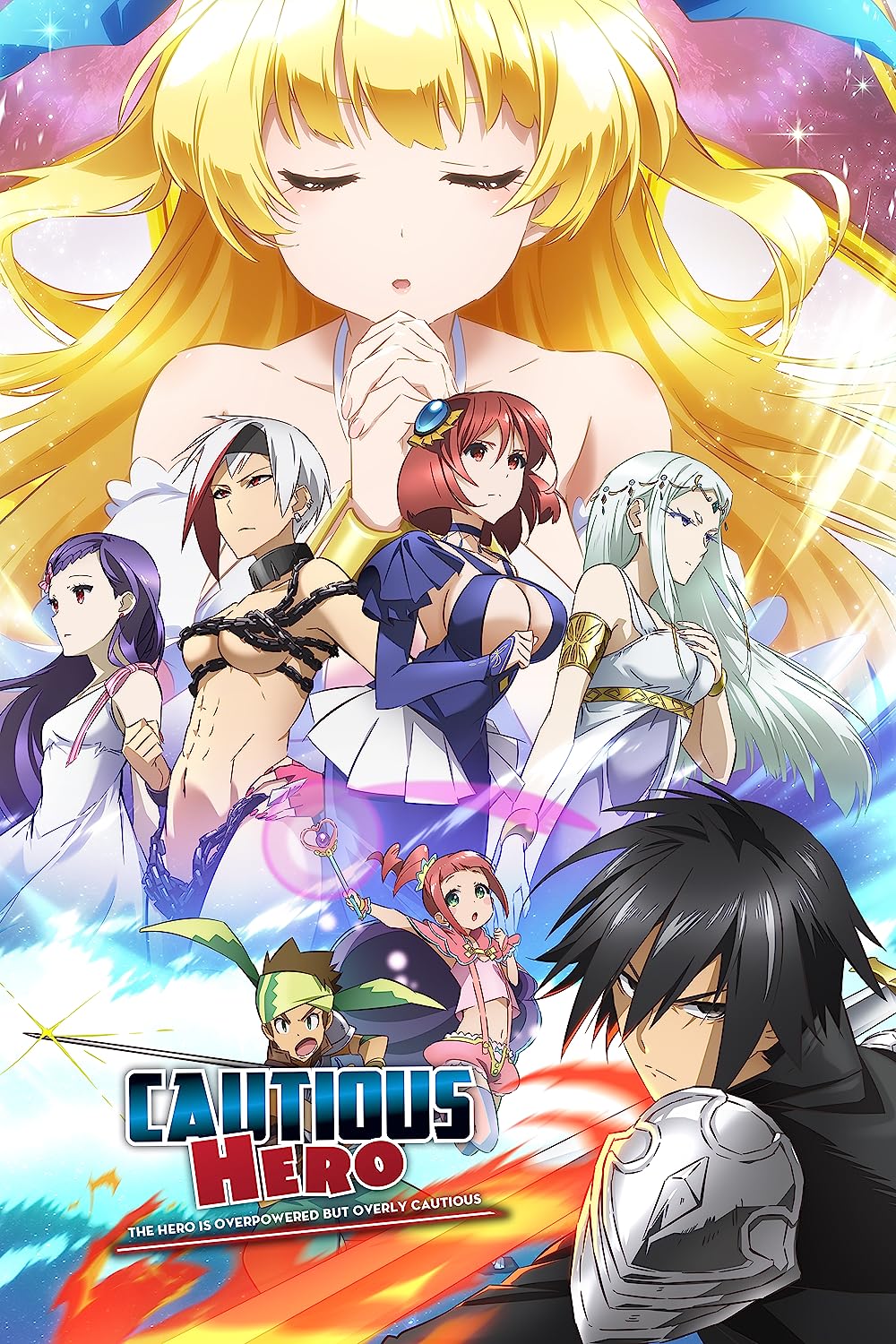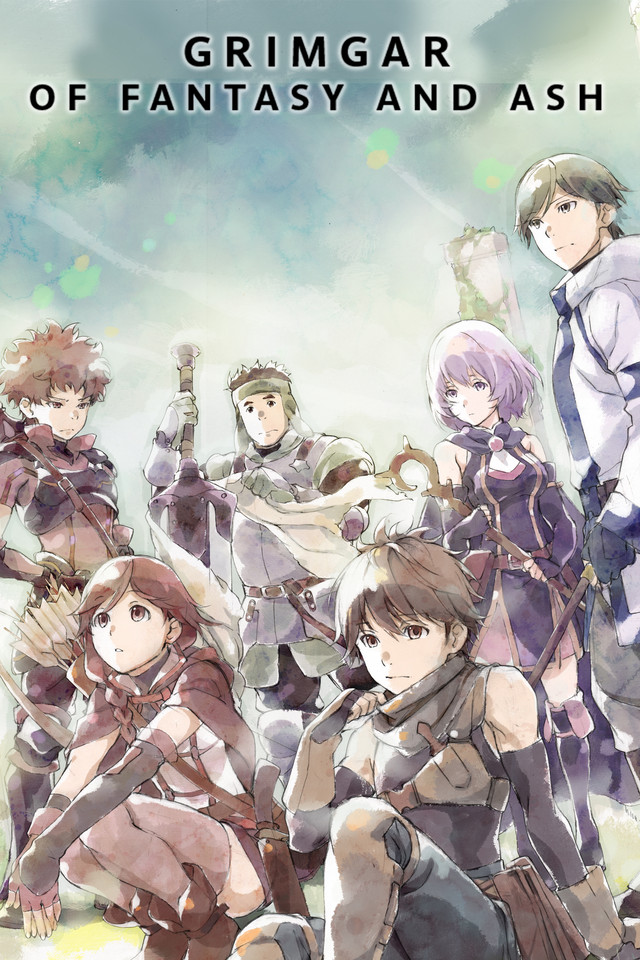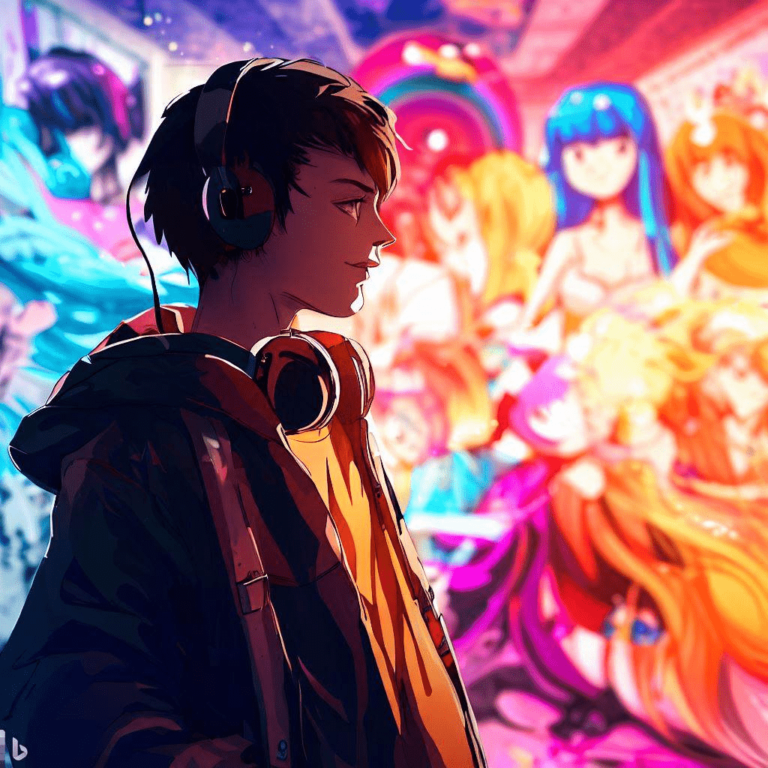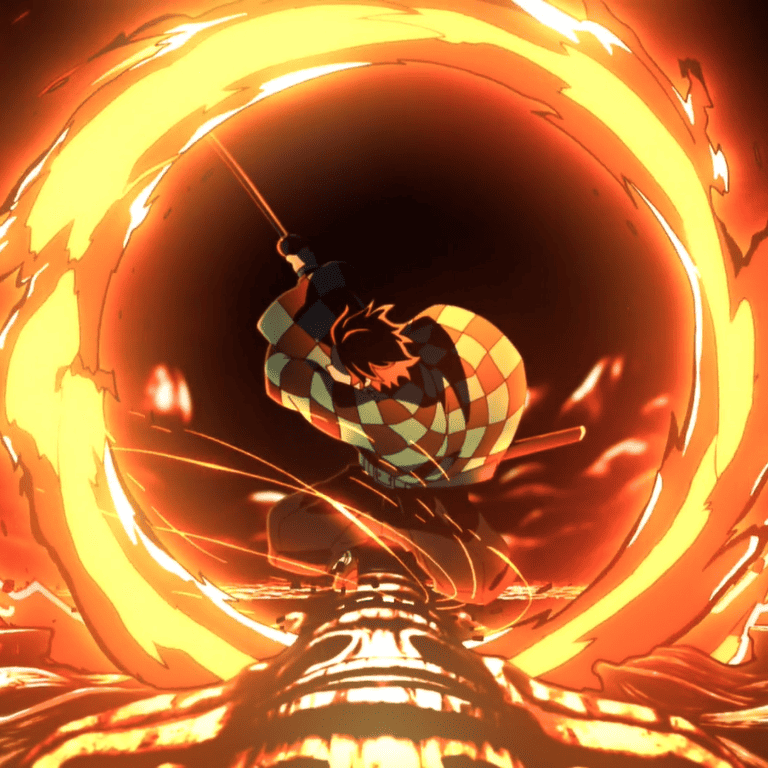The Rise of Isekai Anime: A New Genre Takes Over

Introduction
In recent years, the world of anime has been captivated by a new and exciting genre known as “Isekai.” This emerging trend has taken the anime industry by storm, captivating audiences with its unique storytelling and imaginative concepts. In this article, we will explore the rise of Isekai anime, delving into its origins, defining characteristics, and its widespread popularity among anime enthusiasts.
1. What is Isekai Anime?
Isekai, which translates to “another world” in Japanese, refers to a genre of anime where the protagonist is transported or reincarnated into a parallel universe or fantasy world. This alternate world is often vastly different from the protagonist’s original reality, and the story follows their adventures and experiences as they navigate this new environment.
2. Origins of Isekai Anime
The roots of Isekai anime can be traced back to early Japanese literature and folklore, which often featured tales of individuals being transported to other realms. However, it wasn’t until the 1990s and early 2000s that the genre gained significant popularity with the release of anime series like “El Hazard” and “Escaflowne.” These shows laid the foundation for what would later become a flourishing genre.
3. The Defining Characteristics of Isekai Anime

Isekai anime is characterized by several key elements that distinguish it from other genres. Firstly, the protagonist is typically an ordinary individual who is unexpectedly thrust into an extraordinary world. Often, the protagonist possesses unique abilities or knowledge that sets them apart in their new surroundings.
Additionally, Isekai anime often incorporates elements of fantasy, magic, and adventure. The world the protagonist enters is filled with mythical creatures, magical powers, and fantastical landscapes, providing a captivating backdrop for their journey.
4. The Popularity and Global Appeal of Isekai Anime
Isekai anime has garnered immense popularity both in Japan and around the world. Its appeal lies in the escapism it offers to viewers. The idea of being transported to a different world, where one can leave behind the mundane and embark on exciting adventures, resonates with many people.
Furthermore, Isekai anime frequently incorporates elements of gaming and virtual reality, appealing to the growing community of gamers and fans of the gaming culture. The fusion of gaming concepts with the anime medium has created a unique and compelling experience for viewers.
5. Impact on the Anime Industry

The rise of Isekai anime has had a significant impact on the anime industry as a whole. It has breathed new life into the medium, attracting a diverse audience and revitalizing interest in anime among both casual viewers and avid fans.
Production studios have recognized the popularity of Isekai anime and have been quick to capitalize on the trend. As a result, we have seen a surge in the number of Isekai anime series being produced each year, offering viewers a wide range of choices and ensuring the genre’s continued growth.
6. Criticisms and Challenges
Despite its widespread popularity, Isekai anime is not without itsshare of criticisms and challenges. One common critique is the perceived lack of originality and formulaic nature of many Isekai series. Some argue that the genre has become saturated with similar storylines and character tropes, leading to a sense of predictability.
Another challenge is the difficulty in creating compelling and well-rounded characters within the Isekai framework. As the focus often shifts to the protagonist’s adventures and growth, supporting characters can sometimes feel underdeveloped or overshadowed.
Additionally, some critics argue that the abundance of Isekai anime may detract from the production of other diverse and innovative genres within the industry. They express concerns about the potential oversaturation of the market and a lack of variety in storytelling.
7. The Future of Isekai-Anime
The future of Isekai anime appears bright as the genre continues to captivate audiences worldwide. While it may face challenges in terms of originality and market saturation, the core appeal of Isekai storytelling remains strong. As long as creators can find new ways to innovate within the genre and deliver fresh and engaging narratives, Isekai anime will likely continue to thrive.
Furthermore, the increasing popularity of streaming platforms and online communities dedicated to anime has provided a wider reach for Isekai series. This accessibility allows fans from different parts of the world to discover and share their love for the genre, fueling its growth and ensuring its longevity.
Conclusion
The rise of Isekai anime marks a significant development in the anime industry, captivating audiences with its immersive storytelling and imaginative concepts. From its humble origins to its global popularity, this genre has become a force to be reckoned with, offering viewers a gateway to exciting and fantastical worlds.
As the genre evolves and faces its fair share of criticisms and challenges, the future of Isekai anime remains promising. With its ability to transport viewers to new and captivating realms, Isekai anime will likely continue to entertain and inspire audiences for years to come.
FAQs
- Q: What does Isekai mean? A: Isekai translates to “another world” in Japanese and refers to a genre of anime where the protagonist is transported or reincarnated into a parallel universe or fantasy world.
- Q: What makes Isekai-anime popular? A: Isekai anime offers viewers a sense of escapism and the opportunity to embark on exciting adventures in unfamiliar worlds. It combines elements of fantasy, magic, and gaming, appealing to a wide audience.
- Q: Are all Isekai-anime the same? A: While there are similarities among many Isekai anime series, each one offers a unique setting, story, and characters. However, some critics argue that the genre has become formulaic and lacks originality.
- Q: How has Isekai-anime impacted the industry? A: Isekai anime has revitalized interest in anime, attracting a diverse audience and leading to an increase in the production of Isekai series. It has become a significant genre within the industry.
- Q: What challenges does Isekai-anime face? A: Some challenges include the criticism of lack of originality, the difficulty in developing well-rounded characters, and concerns about oversaturation and a potential lack of variety in storytelling.





